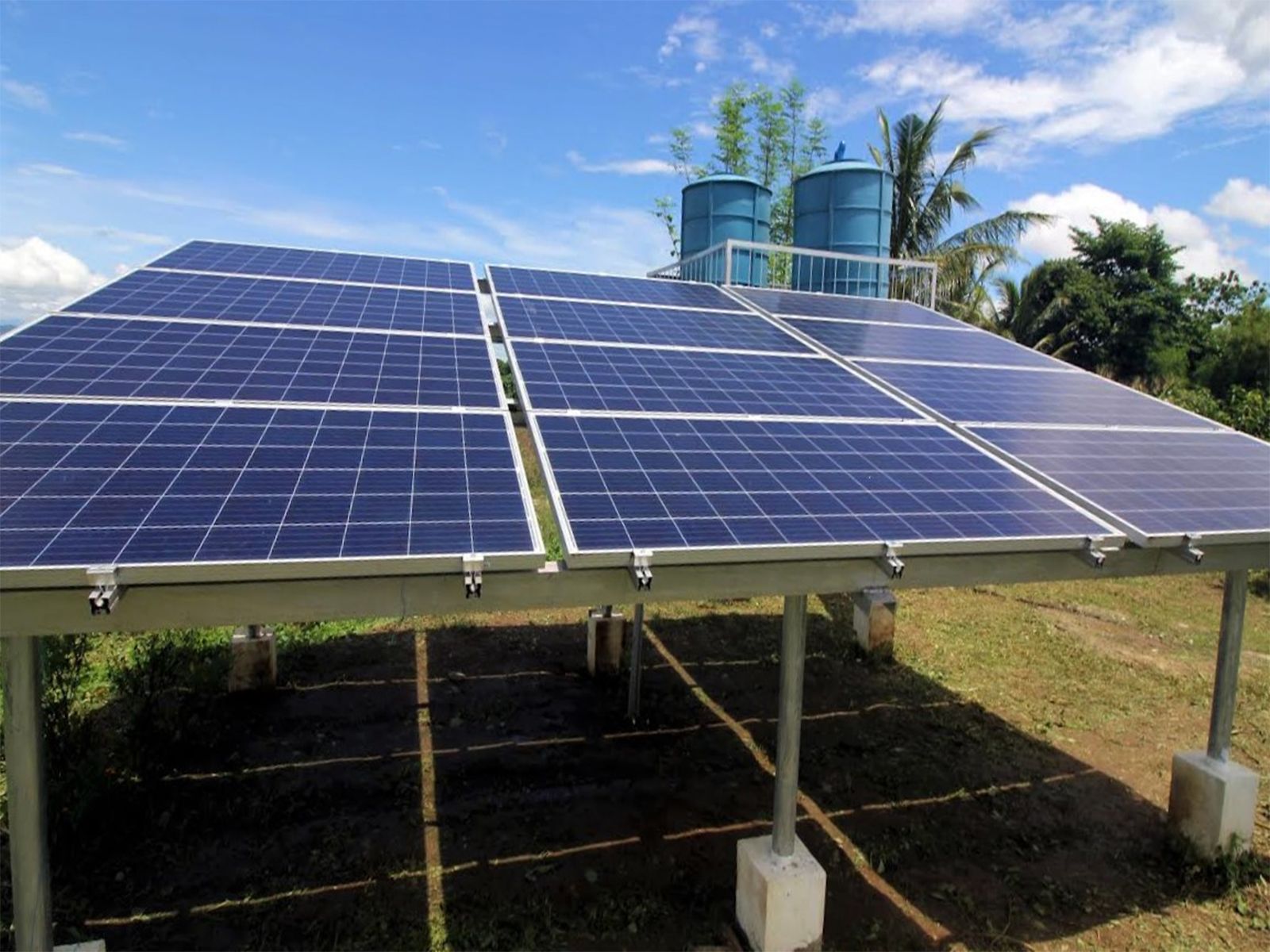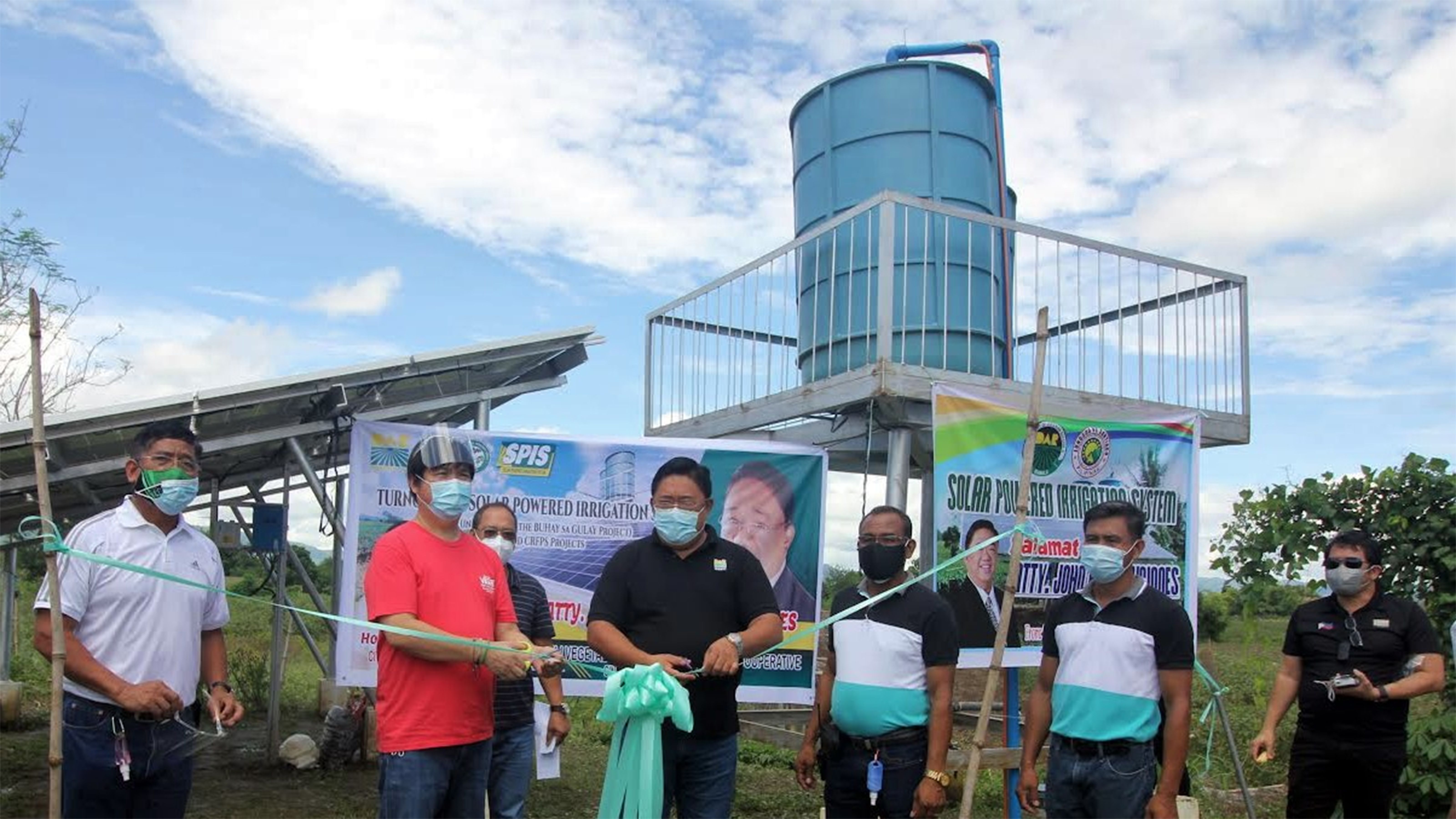DAR Secretary John Castriciones said the P1-million SPIS project in Sinili was completed last month and has been providing farmers an eco-friendly and sustainable source of water for their crops.
Farmers in Barangay Sinili, Santiago City, Isabela now enjoy a sustainable, fossil fuel-free irrigation scheme with the solar-powered irrigation system (SPIS) constructed by the government through the Department of Agrarian Reform (DAR).
DAR Secretary John Castriciones said the P1-million SPIS project in Sinili was completed last month and has been providing farmers an eco-friendly and sustainable source of water for their crops.

Solar Panel photo from DAR
“This irrigation project will address the ARC’s problem of extreme dryness during summer, especially if there is an El Niño phenomenon where there is an absence of rain that lasts for months,” Castriciones said.
The DAR chief added that the agency should take advantage of the opportunities to create projects and adopt appropriate measures which will eventually mitigate the impacts of climate change within the agrarian reform areas.
“We need to build and create more projects that will help our farmers combat the negative effects of climate change. Our farmers should take care of this project because not all agrarian cooperatives are given opportunities like this, be responsible for managing it and make this productive for your own benefit and welfare,” Castriciones said.
The Secretary, together with DAR-Cagayan Valley Regional Director Samuel Solomero, led the turn-over ceremony to Sinili Vegetable Grower Agriculture Cooperative members.
“Since the SPIS runs on solar energy, bringing water to farmlands will be much more affordable than the traditional diesel and gasoline-powered engine pumps,” said Solomero.
Solomero said the irrigation system was designed to provide water to a minimum of three hectares and a maximum of five hectares of farmland.
The project was implemented under the Climate Resilient Farm Productivity Support (CRFPS) project of the department.
Tags: #DepartmentofAgrarianReform, #SantiagoCityIsabela, #irrigation, #sustainablefarming

